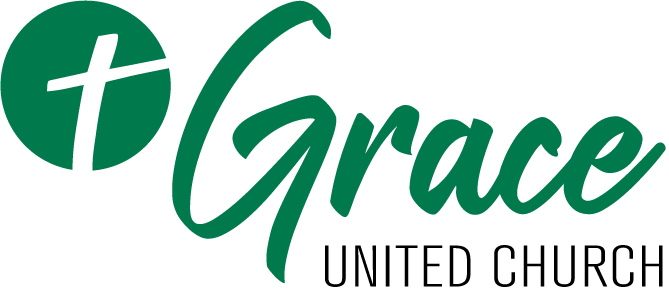Indigenous Focus
For thousands of years, First Nations people have walked on this land; their relationship with the land is at the centre of their lives and spirituality. We are gathered on the traditional territory of the Anishinaabe (Ah-nish-naah-bay) First Nations – part of the Treaty Lands and Territory of the Mississaugas of the Credit – and acknowledge their stewardship of this land throughout the ages. May we strive to be the stewards whom God calls us to be and whom Mother Earth needs us to be.
Statement from the Moderator of the United Church of Canada
regarding Residential School Burial Sites
Whale Cove Community
Each year, St Raphael Catholic Church ships containers of supplies supporting the Indigenous Community of Whale Cove, Nunavut, a community of just over 400 people located on the western shore of Hudson’s Bay above the treeline. There are no roads in or out so food is very expensive.
Each summer, we collect 3 items of food until the end of August.
Starting in June, every Friday during Food for Life (8:30 am-10 am) your donations can be dropped off at Grace United Church. There will be labeled bins available away from the Food for Life activity.
Indigenous Authors Library
We have an Indigenous Peoples library at Grace so everyone has the chance to borrow a book and learn more! Any donations of both adult and children’s books would be appreciated!
Opportunities for Personal Reconciliation
June is National Indigenous History Month
Each year, Canada marks National Indigenous History Month. It is a great time to focus on reading books written by Indigenous authors. Works by First Nations, Inuit, and Métis authors broaden our understanding of Indigenous issues, cultures, and history and are a form of recognition, celebration, and reconciliation. As we walk the path of reconciliation, we must listen, learn, and be guided by the voices of Indigenous peoples.
Legacy Indigenous Peoples Projects
Our support of Indigenous Peoples began in 2016 with our church Book Club where we read Up Ghost River, by Edmund Metatawabin. Edmund Metatawabin is a former First Nations Chief of Fort Albany on the James Bay coast in Northern Ontario and a survivor of the residential school system. In Up Ghost River he details his life in a loving family, his experience in the residential school system, the importance of native teachings, the land and much more.
The group was so moved by his story that funds were collected and donated to purchase and send multiple shipments of fresh fruit (extremely expensive to purchase locally in isolated northern communities) to Early Years child care centres in First Nations communities along the James Bay coast and in areas close to the northern Manitoba/Ontario border.
Remembering the 215 Children from the Kamloops Residential School
As news came on May 28, 2021, Canadians entered into a time of mourning for their relatives, their families, and their communities. Gatherings were held around sacred fires across the country. Prayers were sung and spoken. Shoes were laid out on the steps of churches and government buildings. Flags were flown at half-mast from May 31 – June 8, 2021 (215 hours) in remembrance of the 215 children found buried at Kamloops Indian Residential School.
The Healing Fund supports healing initiatives for survivors of the residential school system and its ongoing intergenerational impacts. Support for the Healing Fund is movement towards living out the United Church’s Apology to Indigenous Peoples (1986) and the Apology to Former Students of United Church Indian Residential Schools and to their Families and Communities (1998).
The Outreach Committee made a donation of $215 to The Healing Fund. Thanks to everyone who also has contributed– over $1000 raised and donated.
We have also supported the Fort Albany Market / Good Food Boxes to address food insecurity and organized a snowsuit drive for First Nations Children that enabled them to play outside.
